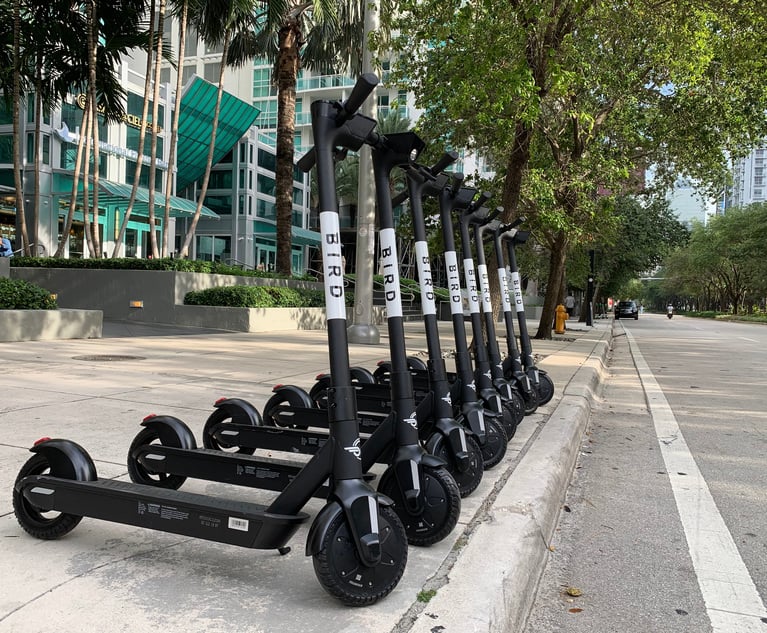 In recent years, many companies have been swept up in a wave of lawsuits claiming that certain private commercial websites are inaccessible to users with disabilities and thus violate Title III of the Americans with Disabilities Act (ADA). For example, blind individuals, who use screen-reader software to access the Internet, have alleged that they are unable to visit certain websites that have not been properly coded to convert visual information to audio translations. Complicating matters is the lack of clear guidance from the government and courts concerning whether websites are considered places of public accommodation under the ADA and, if so, what steps businesses must take to ensure website compliance with the ADA. This has left well-intentioned companies scratching their heads while exposed to the threat of costly litigation.
In recent years, many companies have been swept up in a wave of lawsuits claiming that certain private commercial websites are inaccessible to users with disabilities and thus violate Title III of the Americans with Disabilities Act (ADA). For example, blind individuals, who use screen-reader software to access the Internet, have alleged that they are unable to visit certain websites that have not been properly coded to convert visual information to audio translations. Complicating matters is the lack of clear guidance from the government and courts concerning whether websites are considered places of public accommodation under the ADA and, if so, what steps businesses must take to ensure website compliance with the ADA. This has left well-intentioned companies scratching their heads while exposed to the threat of costly litigation.
Because the ADA predates the Internet as it exists today, the statute does not specifically address websites. What is more, no formal government standards for website accessibility exist, and the Department of Justice (DOJ) has not issued long-promised regulations. In addition, most of the recent lawsuits on this issue have been settled before courts can weigh in. As for the courts who have issued opinions, there has been no clear consensus. A trend among recent decisions has emerged, however, finding that websites are places of public accommodation subject to ADA accessibility requirements, especially if there is a sufficient “nexus” between the website and the company’s physical location. Therefore, it behooves companies to ensure that their websites are accessible to users with disabilities by taking such measures as coding content so that screen-reader software can convert text and images to audio descriptions for blind users and including descriptive text of videos for deaf users.






